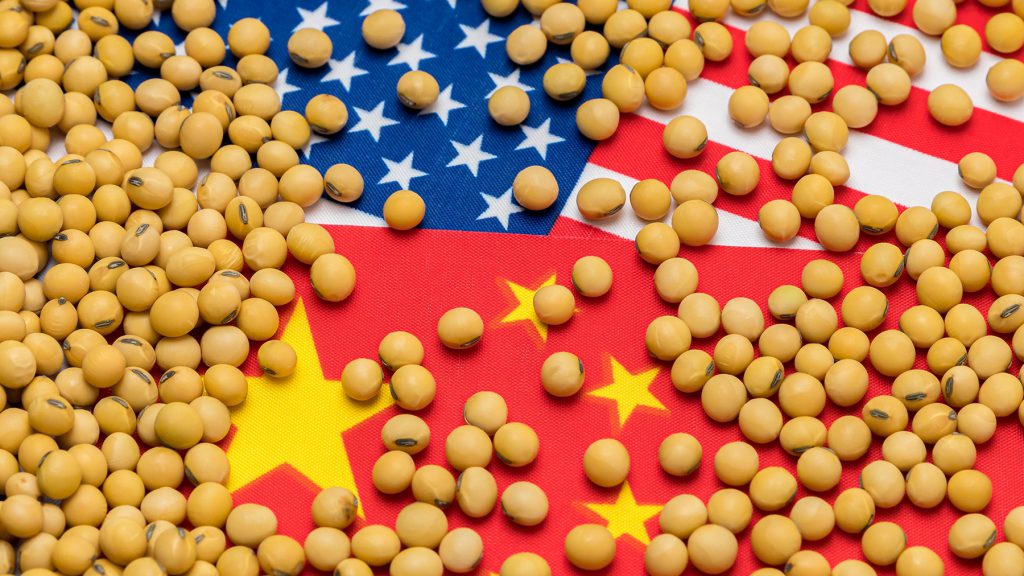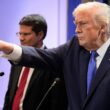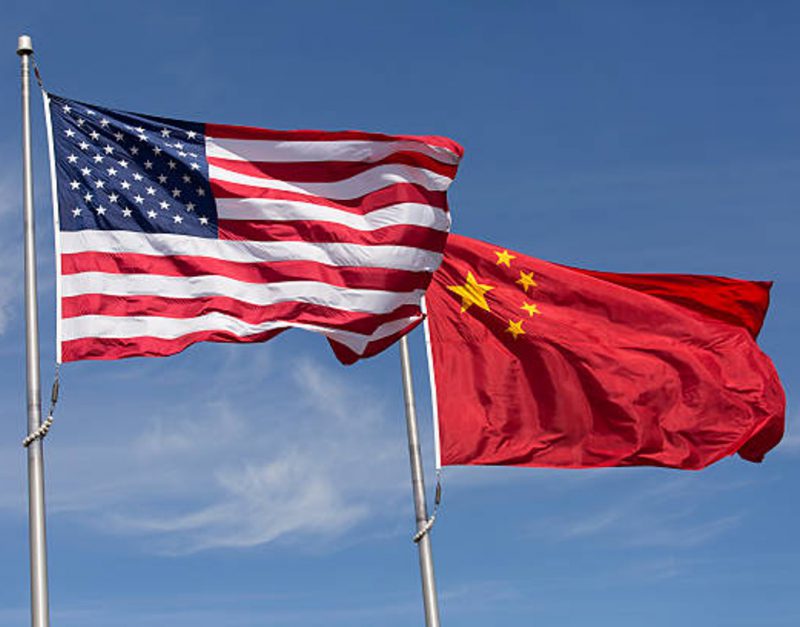China announced on Wednesday the suspension of retaliatory tariffs on US imports. The announcement comes after the trade deal, which was held last week between the two most powerful nations. However, China announced that it would keep the 13% tariffs on US soybeans. The Communist country is tightening its grip on the White House with the new policy.
The development would put pressure on the US farmers and inadvertently affect Donald Trump. The Trump administration had assured farmers that the talks would work in their favor. However, the US will still face a 13% tariff on soybeans exported to China. The White House might consider another round of negotiations with the Xi Jinping administration over the ordeal.
Also Read: Wall Street CEOs Warn 15% Stock Market Pullback From Rich Valuations
US Still faces 13% Tariffs on Soybeans From China


China is the biggest consumer of soybeans, and the 13% tariffs on the US are still expensive. The Communist country is now procuring the products from Brazil and Argentina. American farmers are the hardest hit as demand from China has stalled. Products from Brazil are much cheaper compared to the US, making it possible for China to make the most out of the situation.
During the trade talks, China ordered two shipments of soybeans from the US for the first time in six months. “We don’t expect any demand from China to return to the US market with this change,” said an official at an international trading company. “Brazil is cheaper than the US, and even non-Chinese buyers are taking Brazilian cargoes.”
Also Read: Trump Renominates Jared Isaacman to Lead NASA Amid Musk Ties Debate
Nonetheless, commentators voiced that the trade deal has gone well as China has lifted several restrictions. “Broadly, it’s a great sign that the two sides are making rapid progress in putting the deal into effect,” said Even Rogers Pay, Director at Beijing-based Trivium China. “It shows they’re aligned and that the agreement is likely to hold up,” he said.





